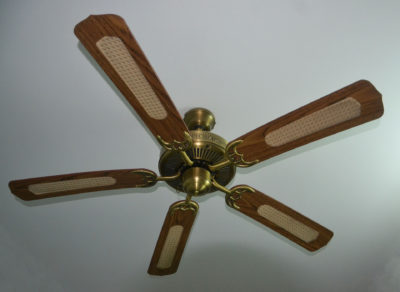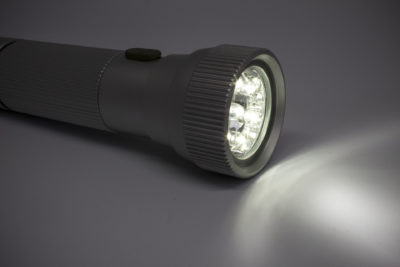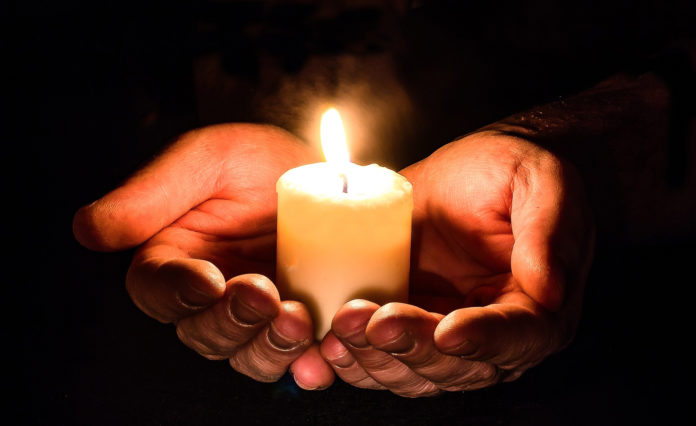And just like that, the loadshedding schedule is back up on the fridge and we’re all furiously making plans on how we’re going to manage a festive season in the dark! Our friends at Budget Insurance offer the following advice on how to minimise the frquence and effects of loadshedding.
First, do a thorough power audit to see how and where you can save electricity:

- Switch to energy efficient light bulbs – they’re a little costly but last way longer that traditional incandescent bulbs.
- Move to smart plugs to help you maintain your power consumption and keep your home energy efficient. Smart plugs can be set to switch off your appliances such as TVs and sound systems as opposed to putting them onto stand-by mode. They usually come with a companion app allowing you to set preferences, schedules and names for the devices.
- Timers, or smart switches, whether for geysers, pool pumps or security lights will help you only consume electricity when these items need to be used.
- Get rid of those energy guzzling appliances… letting go of large appliances such as a fridge can seem counter-productive when trying to save money but newer fridges are far more energy efficient.
- Get the whole family into the habit of actively turning off any lights and appliances that are not in use and not using any of them for longer than required.

- Other ways to reduce a home’s electricity consumption include putting in solar panels, switching out electricity-run stoves and ovens for gas and replacing air conditioning with ceiling fans and fire places. A pre-paid electricity meter would also be an effective.
Secondly … be prepared so that when loadshedding hits, you’re not entirely in the dark.
- Have the load shedding schedule at hand so that your family will have enough time to prepare for the power outage.
- Get a few high-wattage solar powered lights for your garden, and a few LED lights for inside. Light is a deterrent to would-be burglars.
- Keep your cell phone charged, or invest in a portable phone charger.
- If you need to manually open and close your gates when you get home, try to have someone come and meet you at your entrance, or arrange for an escort from your security company.
- Use padlocks, burglar bars and deadbolts to provide an extra level of home security that isn’t power-dependent.
- Alarm systems, garage doors and electric gates rely on electricity so make sure that these items all have good back-up batteries.

- Keep a torch or a solar, battery powered light that is charged beforehand in multiple, easily accessible locations around your home. Make sure you have plenty of spare batteries.
- Your fridge and freezer supplies should be okay without power overnight if you do not open and close it repeatedly.

- Make sure that all appliances – especially those that pose a fire risk if left unattended – are switched off when load shedding starts and gradually turned back on once power returns. This minimises the risk of damage to appliances due to power surges, or a fire risk causing a power outage to turn into a catastrophe.
Advertisement






